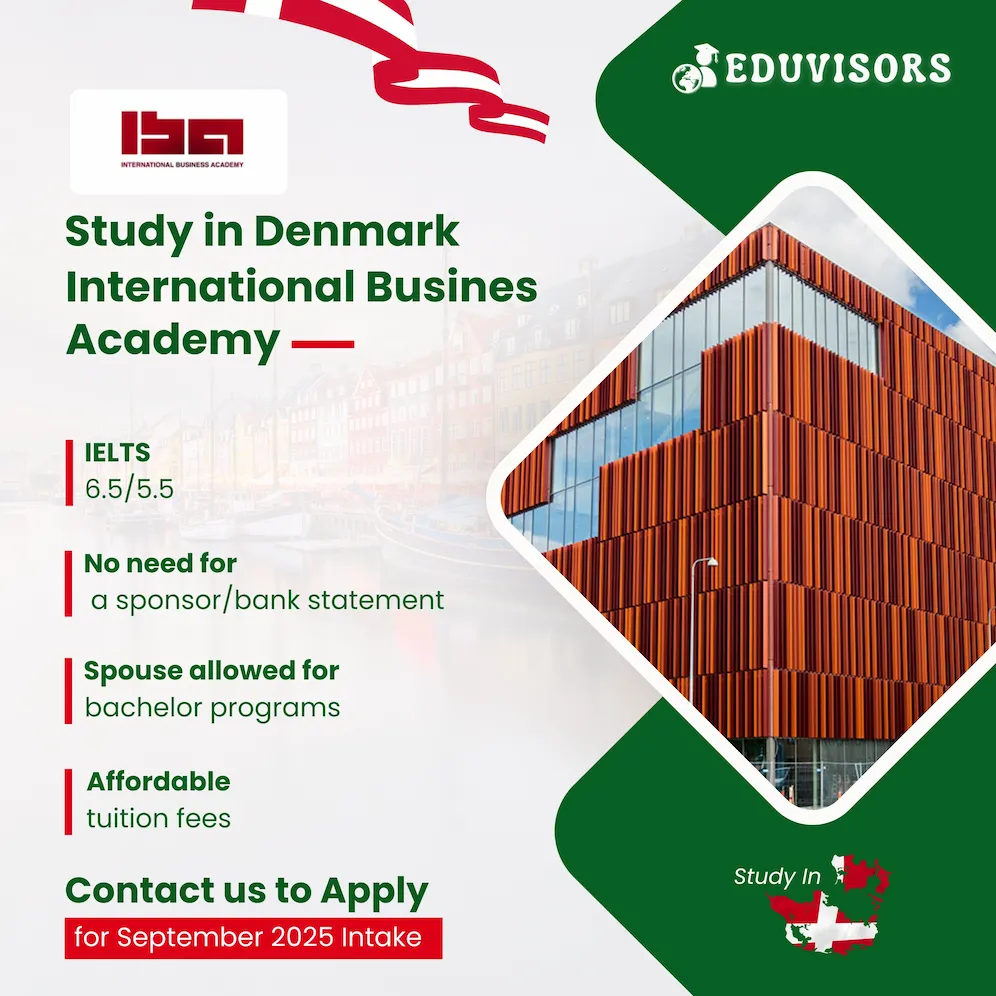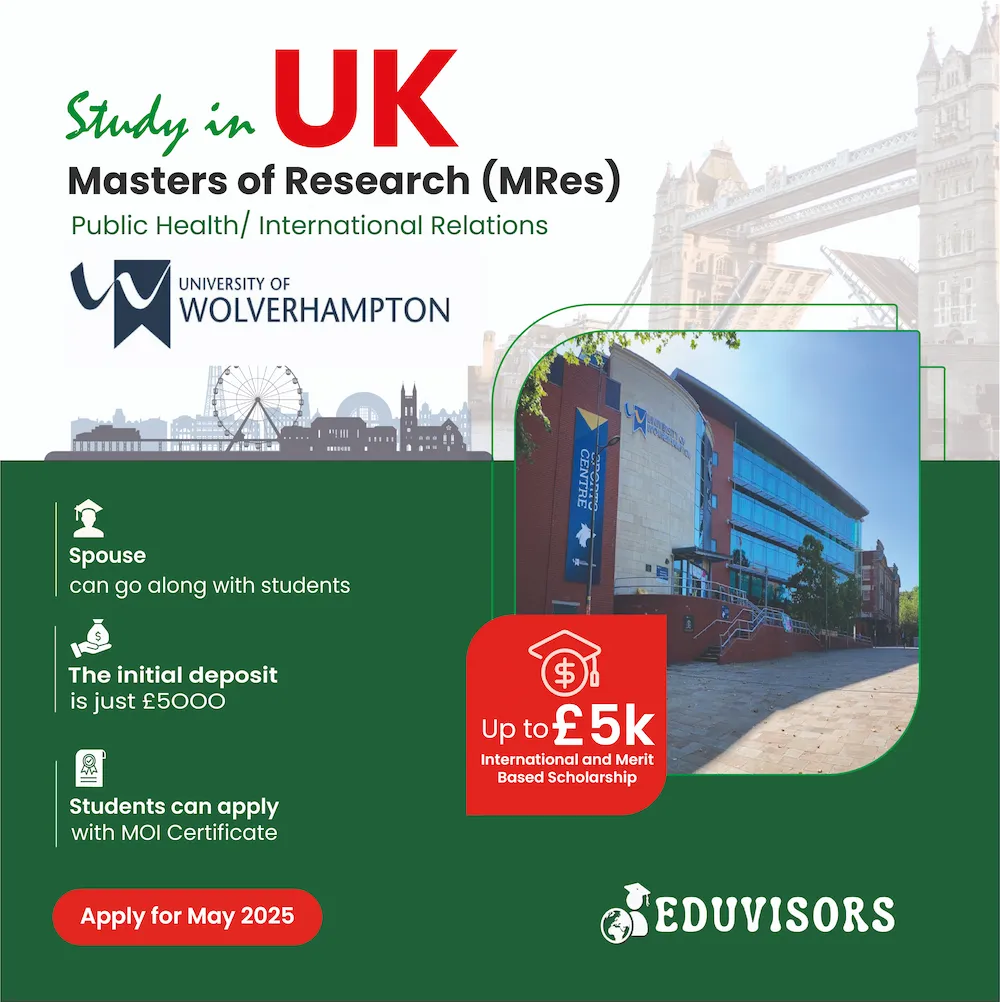Study abroad options for students with O Level are diverse and designed to help students progress smoothly into higher education overseas. After completing O Level, students can choose from foundation programs, diplomas, A Levels, or pathway courses offered by international institutions. These options provide academic preparation, subject knowledge, and language skills required for undergraduate studies abroad.
Understanding O Level:
O Levels, an abbreviation for “Ordinary Level” exams, are internationally recognized qualifications that are largely used in British educational systems. They are taken around the age of 16, and they serve as basic qualifications for advanced certifications such as A-Levels, IGCSEs, and GCSEs.
Subject flexibility is provided by O Levels, allowing students to tailor their education to their interests and career goals. These tests encompass fundamental disciplines such as English, Mathematics, Sciences (Physics, Chemistry, Biology), Humanities (History, Geography, Literature), and Languages (for example, French, Spanish, and Mandarin), providing a diverse educational experience.
Advantages of Studying Abroad with O Levels
Studying abroad with O Level credentials offers various advantages, owing mostly to the fact that colleges and institutions value O Level credentials. Students with O Level qualifications have the freedom to select from a wide selection of academic subjects, adapting their study to their specific interests and ambitions.
Strong English language proficiency got via O Levels prepares pupils to flourish in English-speaking academic environments, hence improving academic success. Studying abroad promotes cultural immersion, giving students a global perspective and strengthening their educational experience.
O Levels are recognized all throughout the world. Here are a few important benefits:
O Level graduates have a wide range of study options available to them, allowing them to customize their education to their interests and future ambitions, encouraging experimentation and specialization. Their English competence, which is frequently gained through O Level English, improves their capacity to succeed in English-speaking academic contexts.
Studying abroad provides a worldwide perspective, engagement with other cultures, and expanded job chances, which appeals to businesses looking for graduates who are globally aware. Studying abroad fosters personal development, independence, and vital life skills.
Countries with high-quality education systems, diversified societies, and plentiful career possibilities are among the most desirable for O Level graduates. O Level qualifications are internationally recognized, allowing students to pursue education and professional opportunities all across the world.
Popular Study Destinations for O Level Students:
Choosing the best place to study after finishing O Levels is an important choice for many individuals who want to follow different academic interests and further their education. Destinations with reputable educational systems, a wide range of program options, and engaging cultural experiences tend to be looked after by students.
Based on research, destinations for study that are very popular to O Level graduates wanting to continue their studies abroad include the following.
UK:
The UK is a popular choice for O Level students considering its prestigious institutions of higher learning, effortless transition programs, internationally recognized degrees, diversified atmosphere, and the chance to obtain useful job experience while studying. The United Kingdom (UK) is a highly popular study destination for O Level students due to several reasons:
Quality Education:
The United Kingdom is well-known for its excellent colleges and strong academic tradition. Many O Level students choose the UK because of its world-class education and diverse range of programs.
Social Legacy:
The United Kingdom’s affluent social legacy, which includes genuine areas of interest and museums, attracts understudies interested in history, writing, and the arts. London, the capital of the United Kingdom, has the potential to be a global commercial and financial powerhouse.
USA:
With so many reputable universities in the USA offering a broad range of academic degrees in many different fields, O Level graduates have a wide range of possibilities for pursuing their academic passions. Universities in the USA are well known for their innovative education, a great deal of research opportunities, and commitment to providing an excellent education. Here are key points explaining why the USA is a popular study destination for O Level students:
Diverse University Programs:
The USA is connected to a large number of prestigious universities that provide a broad range of academic programs in fields including business, engineering, humanities, and science.
Academic Excellence:
American universities engage students looking for an outstanding educational experience due to their reputation for academic excellence, availability for research, and creative teaching strategies.
Canada:
Canadian universities are well-known for their excellent educational systems and globally renowned academic offerings, providing a broad range of specializations and subjects that match the interests and professional goals of their students. Canada is a popular study destination for O Level students for several reasons:
Affordable education:
Canada provides comparatively lower living and tuition expenses than other popular study locations like the USA and UK, making education more affordable to international students.
Safe and Welcoming Environment:
Canada is well known for having a welcoming and safe atmosphere, which attracts international students including new O-Level graduates—looking for a safe location to live and study.
Australia:
The Australian educational system places a strong emphasis on research, innovation, and practical training to better prepare students for employment. O Level graduates’ employability in the global job market is further increased by the high regard that Australian degrees receive on an international level. The following main ideas clarify why so many O Level students choose to study in Australia::
World-Class Universities:
Known for their academic brilliance and contributions to research, Australia is home to prestigious universities like the Australian National University, the University of Melbourne, and the University of Sydney.
Strong Education System:
To prepare students, including O Level graduates, for successful employment in their chosen sectors, Australia’s education system places an intense focus on research, innovation, and practical learning.
Admission Requirements for O-level Students:
O Level students must meet the following conditions in order to study abroad: In O levels, students must pass at least 5 subjects. It is mandatory to keep in mind for pursuing a higher education degree and sometimes it is also mentioned in the universities’ pre requirements too.
Academic Qualifications:
O Level students must have passed their O Level examinations or have got an equivalent qualification from their native country’s educational system.
English Language proficiency: English language competency is often required of students in English-speaking countries. Standardized examinations, such as IELTS (International English Language Testing System), TOEFL (Test of English as a Foreign Language), or Pearson PTE Academic, are frequently used to do this.
Minimum Score Requirements: Each educational institution specifies the minimum score requirements for these English language proficiency examinations. O Level students must achieve scores that meet or surpass these benchmarks in order to satisfactorily demonstrate their English language skills and meet academic qualifications.
Strong English language proficiency got via O Levels prepares pupils to flourish in English-speaking academic environments, hence improving academic success. Studying abroad promotes cultural immersion, giving students a global perspective and strengthening their educational experience. Aside from academics, international experience gained while studying abroad improves professional opportunities and personal growth and independence.
Scholarship and Financial Planning:
For O Level students who want to study abroad in countries like the United States (USA), Canada, Australia, or the United Kingdom (UK), scholarships and financial planning are essential factors that need to be taken into consideration.
For each of these locations, here is a summary of financial planning guidance and scholarship opportunities:
United Kingdom (UK):
Scholarship Opportunities:
A large number of UK colleges provide scholarships designed exclusively for international students, including O Level graduates. These scholarships may be offered based on merit, need, or a particular field of study.
Financial Planning Tips:
Analyze UK living expenses, housing costs, and tuition fees. While studying, look into part-time jobs to help with living expenses (subject to visa regulations).
USA:
Opportunities for Scholarships:
American institutions provide international students with a range of financial aid programs and scholarships, such as need-based grants, athletic scholarships, and merit-based awards.
Financial Planning Tips:
Compute the entire cost of attendance, taking into account living expenditures, housing, and tuition.
Canada:
Scholarship Opportunities:
Canadian universities provide scholarships for international students, such as entrance scholarships, merit-based awards, and specific scholarships for international applicants.
Financial Planning Tips:
Estimate expenses including tuition fees, accommodation, food, transportation, and insurance. Research scholarships are offered by Canadian government agencies, universities, and external organizations.
Australia:
Scholarship Opportunities:
Australian universities offer scholarships for international students based on academic merit, leadership qualities, and specific criteria. External organizations like the Australia Awards Endeavour Scholarships also provide funding options.
Financial Planning Tips:
Understand the cost of living in Australia, including tuition fees, accommodation, food, transport, and health insurance. Research scholarships are offered by universities and government agencies. Explore part-time work opportunities (up to 20 hours per week) during studies on a student visa.
Scholarship Opportunities:
- Merit-Based Scholarships: These awards recognize academic excellence and are frequently based on good O Level exam scores.
- Subject-Specific Scholarships: These are available for students who excel in specific topics such as math or science.
- Extracurricular Scholarships: These awards recognize accomplishments in sports, music, or community service.
- Need-Based Scholarships: Assist financially disadvantaged students in filling out financial aid applications.
- Diversity Scholarships: These scholarships encourage inclusiveness based on ethnic or cultural backgrounds.
- Government Scholarships: Look into chances with your local government’s education department.
Financial Management:
Part-Time Work:
Look for part-time job options that match your visa requirements and field of study. Apply for university or college financial aid, grants, and loans, which are frequently accessible to overseas students.
Scholarship Application Deadlines:
Keep application deadlines in mind and customize applications to specific award requirements.
Consider College of the People:
In some nations, the process begins at the community level. Before transferring to a four-year university, college might be a cost-effective option.
Academic Passions:
Determine your areas of interest and strengths before choosing a stimulating program.
Examine program specialties to verify they correspond to your selected fields of study.
Choosing the right program and University:
Choosing the right program and university is an important step in your academic career. Consider many important criteria before deciding.
Pathway Programs:
Pathway Programs are short-term educational courses meant to assist international or academically under-prepared students in improving their language skills and academic preparation in order to transfer successfully into full-time degree programs at universities or colleges.
Key characteristics include:
- Language training to improve competency.
- Academic skill improvement and subject-specific education are provided.
- Upon successful completion, students are guaranteed admission to degree programs.
Foundation Programs:
Foundation Programs are pre-university preparatory courses that typically last one to two years and provide students with the academic information and abilities needed to flourish in undergraduate study in a variety of topics.
Key characteristics include:
- Math, science, and humanities are all covered in the curriculum.
- Critical thinking, research, and problem-solving skills are emphasized.
- Upon satisfactory completion, offers entrance to several undergraduate degree programs.
Investigate universities noted for their expertise in your desired field, and look for internship and job placement options. Second, assess your professional objectives. Look for institutions with a proven track record in your chosen field. Examine the possibility of internships and job placements, as these might have a significant impact on your future employment chances.
Location preferences are also important. Consider your preferred study location, considering elements such as temperature, culture, language, and accessibility to family and support networks. Look for universities that have a reputation for excellence in your field of study, as well as program-specific rankings.
Examine campus facilities such as libraries, labs, housing, and recreational amenities to ensure they promote a positive learning environment. Financial issues are also important. To make a financially sound decision, calculate tuition costs and look into potential scholarships.
Preparing for Departure:
This is an exciting and important time in your academic career—getting ready to go overseas to study. For the process of moving to your new location to go smoothly, substantial planning and organization must be done.
Getting ready for this life-changing experience involves a variety of steps, from organizing necessary travel paperwork including visas and immigration regulations to finding accommodation and handling money.
Accommodation: Make sure you have a place to stay before you arrive. Familiarize oneself with the university’s housing possibilities or look for acceptable off-campus lodging.
Travel Arrangements: Plan ahead to get the greatest rates on flights. Check the visa requirements for your location and make sure you have all relevant paperwork, including your passport, student visa, and any applicable permits.
Cultural Adaptation: To better adjust, learn about the culture and practices of your host country. To facilitate conversation and integration, learn about local etiquette, traditions, and even basic language abilities.
Understanding Visa Regulations: Learn about the visa requirements of your host nation. Check that you have all of the essential paperwork and that you meet all of the requirements. Keep an eye out for visa expiration dates and renewal procedures.
in the country where you are staying. Learn about health insurance and, if necessary, obtain a comprehensive health insurance plan to cover medical expenses during your stay.
Post-Graduate Opportunities:
International students can pursue a variety of professional growth and immigration-related paths through post-graduate options after studying abroad. Options to gain work experience and move into skilled employment are offered via Optional Practical Training (OPT) in the United States.
Australia’s Temporary Graduate visa and Canada’s Post-Graduation Work Permit (PGWP) provide opportunities for temporary employment following graduation, while the United Kingdom’s Graduate Route visa makes it easier to work after studying.
Employability:
International experience improves adaptability, independence, and global awareness, making you more appealing to companies. It opens up a wide range of professional opportunities, both domestically and globally, with multinational organizations appreciating such experience.
Language Abilities:
Studying in a non-native English-speaking country can boost language abilities dramatically, giving you a competitive advantage.
Specialized Programs:
Some countries thrive in specialized disciplines, allowing access to cutting-edge research and business prospects.
Competitive Advantage:
International experience distinguishes you in a competitive employment market by demonstrating versatility.
Earning Potential:
Graduates with foreign experience typically have higher earning potential.
Real Student Experience:
Joshfiq Abtahi:
Joshfiq, a student from Bangladesh, was quite interested in Business and Technology. He completed his bachelor’s degree in computer science in the USA. His study journey was remarkable, for his relatable coursework and entrepreneurial aspects. The biggest challenge for Joshfiq was to raise funds for his startup, he actually got help from his university’s entrepreneurship center. Joshfiq’s experience was amazing and he got a top-notch education.
Conclusion:
Study abroad options for students with O Level provide flexible and accessible pathways to international education. By choosing the right program—such as foundation courses, diplomas, or pathway programs—students can build a strong academic foundation and successfully progress toward undergraduate studies abroad.
By studying overseas, O Level students may open up a world of options, with O Levels acting as a globally recognized foundation. Popular educational destinations include the United Kingdom, the United States, Canada, Australia, and Singapore. O Level credentials, English language examinations, and academic prerequisites are common entry criteria. Scholarships and financial preparation, such as part-time work and need-based aid, can help to ease financial stress.
Consider academic interests, reputation, location, and cost while selecting a course and institution. Studying abroad improves employability, language skills, and global citizenship, giving students an advantage in the labor market.

















